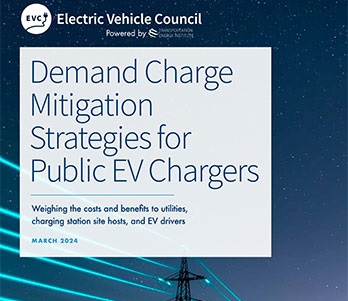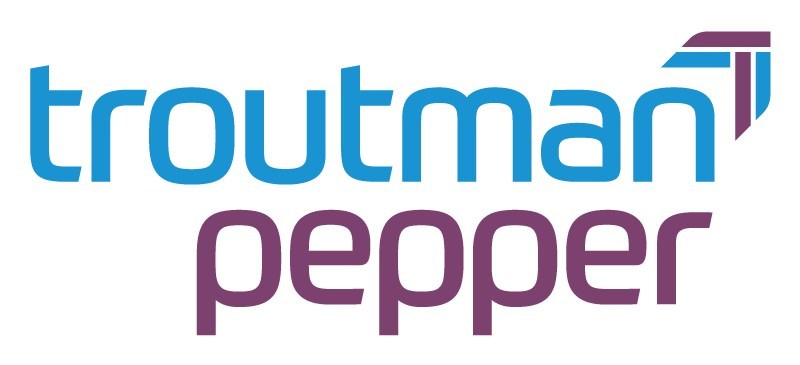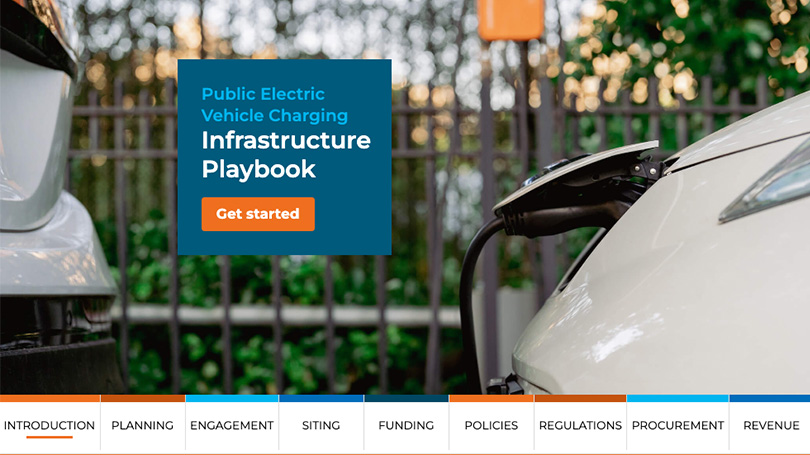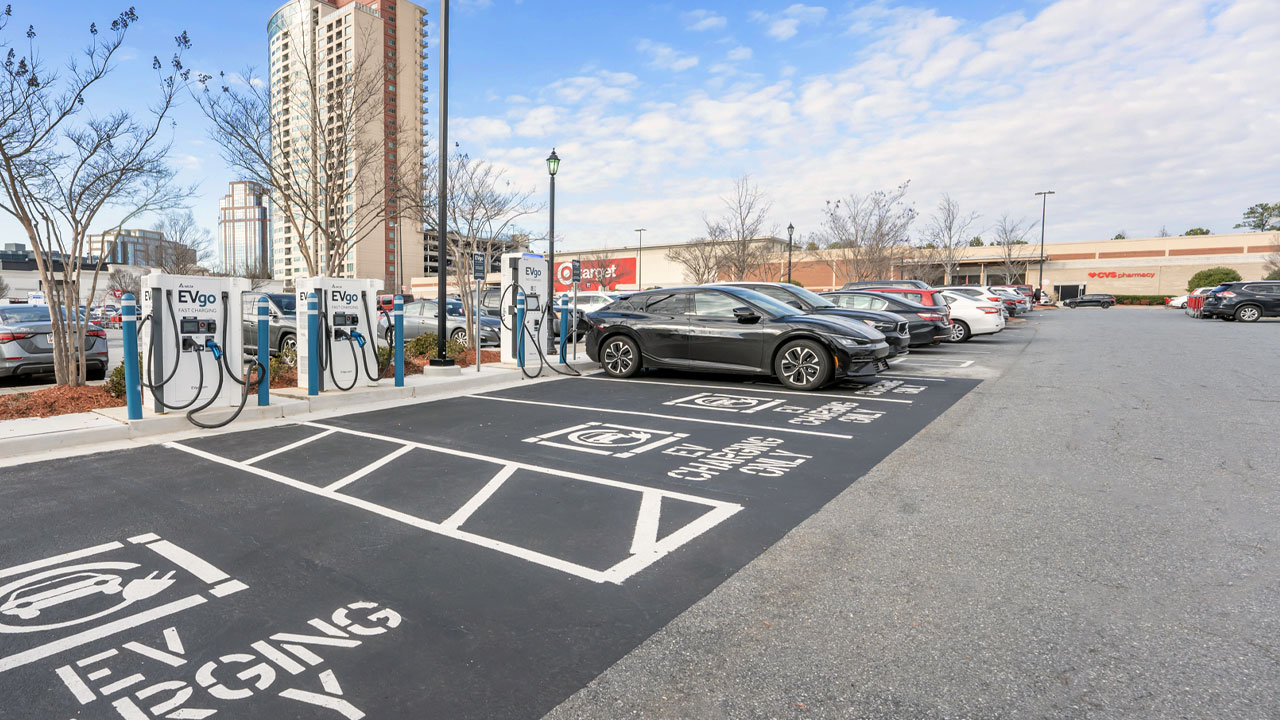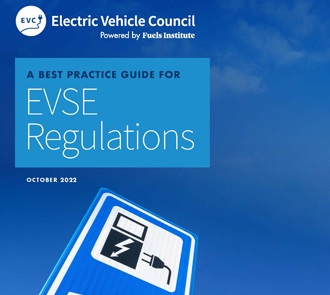
The research institute's report is intended to serve a critical need identified by previous EVC reports, as well as those published by other organisations, that the soft costs incurred navigating inadequate or outdated regulatory requirements are a significant barrier to development of a robust EV charging infrastructure.
"While many localities around the country are beginning to plan for EV growth, research has revealed that most states and localities that were surveyed had little to no policies at all respecting public EV charging," states John Eichberger, executive director of the Fuels Institute. "This is expected to change quickly in the next several years as states and localities recognise the need to prepare for the rise in electrification and receive funding from different sources. Many state and local officials for the first time will have to consider developing and implementing policies to expand infrastructure."
Statewide policy topics addressed in this guide include defining public utility and allowing kWh charging; installation-related policies; operation-related policies; and EV-charging incentive programs utility-related policies.
At the local level, policy topics include expedited permitting requirements; parking requirements; EV-ready building code requirements; signage requirements; and technical requirements.
The guide concludes with best practice recommendations from regulated entities themselves. These stakeholders have accumulated years of experience installing and operating EV-charging infrastructure around the US. In addition, stakeholders from the EV charging industry, fuel retailing, utilities, and metropolitan planning organisations (MPOs) shared their expertise and actionable and practical recommendations as AHJs begin to develop and implement EV charging policies.
Download the free report here www.fuelsinstitute.org/Research/Reports/EV-Regulatory-Best-Practices



